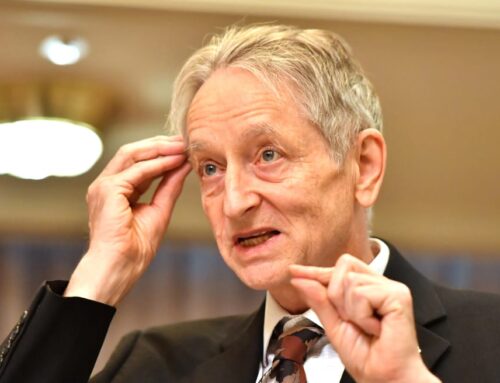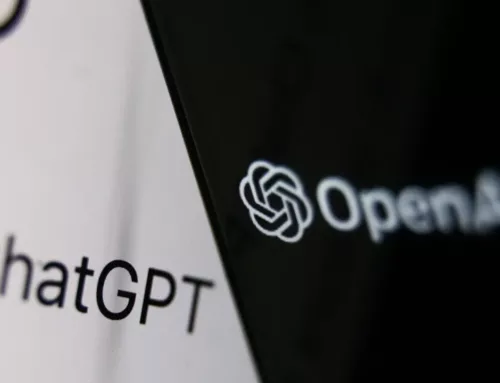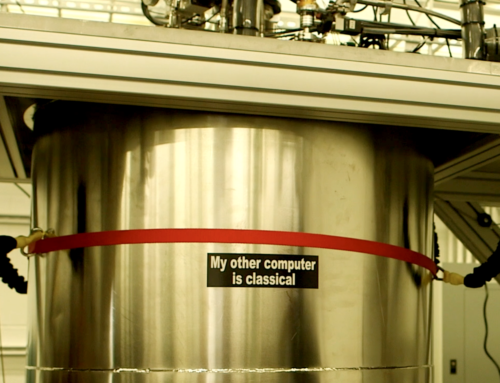On the 12th of December, 2022, Stephen Witt published an article titled “The World-Changing Race to Develop the Quantum Computer” in The New Yorker. In this article, Witt takes the reader on a whirlwind tour of American and Chinese quantum R&D – travelling from Google’s Quantum AI lab in Santa Barbara, CA, to Peter Shor’s office at MIT to the offices of PsiQuantum in Palo Alto to the sprawling campuses of the University of Science and Technology of China. Along the way, Witt explains the basics of quantum computing with unusual clarity, describes how future quantum computers could perform calculations exponentially faster than classical computers, and explains how access to this raw computing power could revolutionize many industries, including finance, cybersecurity, and the sciences. Moreover, quantum computers could open new frontiers in mathematics, be used to develop new industrial chemicals, drugs, and vaccines, and help reconcile our fundamental theories of space and time. However, Witt takes care to note that the technology is still in its infancy, and it is not yet clear when quantum computers will be useful for such applications.
In many ways, Witt’s article parallels much of the work that we do here at Project Q. For nearly a decade we have tracked and traced the emergence and development of quantum technologies, assessed their implications for war, peace, and security, and engaged with their inventors and experts in related fields. Indeed, many of the players that Witt interviewed for his article have participated in our Q Symposia, or have been interviewed for our upcoming documentary film. For example, in 2016, Chao-Yang Lu attended our Q3 Symposium, participated in the Quantum Matter Panel, and was interviewed for the documentary. Further, one of our postgraduate researchers, Gabi Skoff, has previously written on the topic of a ‘quantum race,’ and many other related articles on quantum tech can be found on the Q Blog. We have always sought to look beyond the major American and Chinese players, and to include the Australian, British, European, and Indian players, as well as emergent start-ups and intergovernmental initiatives. If we have learnt anything from the Q Symposia, it is that successfully developed quantum technologies will be ‘world changing’ and, in preparation, we need to engage with as many global stakeholders from as many sectors as possible.
If Witt’s article interested you and you wish to delve deeper into the topic, edited videos from Q Symposia roundtables, panels, and interviews can be found here (under the ‘Multimedia’ menu), and our other articles can be read here. And if you want a quick overview, here is the teaser trailer for the Project Q documentary:
Thanks for reading (and viewing)!






Leave a Reply